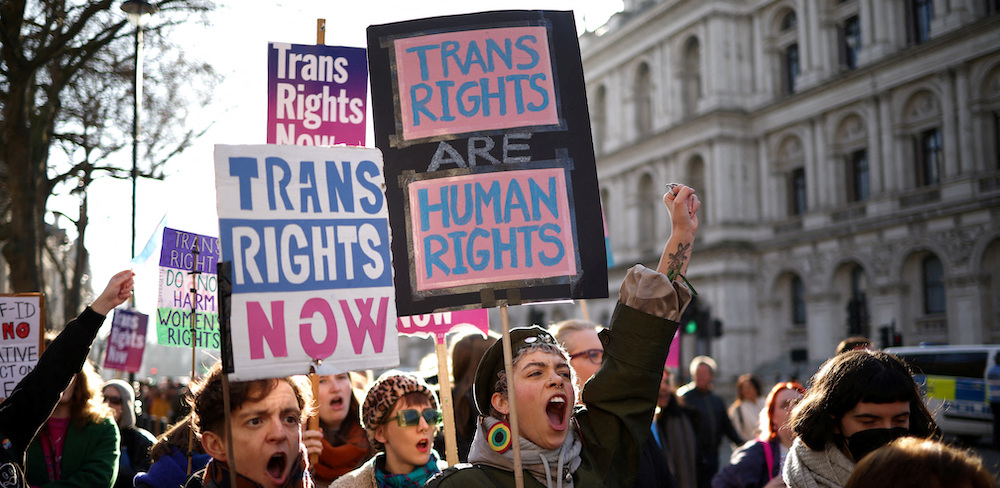
New reforms may protect GLBT students
Planned reforms to the Sex Discrimination Act could be used to protect students from some forms of homophobic bullying, following a review by the Senate and the Human Rights and Equal Opportunity Commission.
The Act already covers sexual bullying, regardless of the gender of victims and perpetrators.
But the report by the Senate Standing Committee on Legal and Constitutional Affairs recommends sexual harassment laws be extended to people of all ages, and where the victim and perpetrator are from different schools.
Currently a child must be over 16 to make a complaint, and the perpetrator a teacher or student at the same school.
A dissenting report by Liberal senators criticised other measures but agreed people should be protected from sexual harassment, “regardless of their age and regardless of whether they are harassed by someone from the same or another educational institution”.
Sex Discrimination Commissioner Elizabeth Broderick confirmed that many forms of homophobic bullying meet the current definition of sexual harassment, so long as it can be proven that “a reasonable person would have anticipated that the victim would have been offended, humiliated or intimidated”.
This could include making up stories about a student having sex with fellow students or teachers, sexual drawings or graffiti targeting a student, or unwanted questioning about whether a student was attracted to other people.
However, she cautioned, “There is no federal law that specifically targets homophobia and vilification on the grounds of sexuality.”
Religious institutions are not exempt from sexual harassment laws. If the reforms are implemented, gay and lesbian students could make complaints about harassment occurring in private schools, and where the perpetrator was from a private school but the complainant was not.
However, religious schools may still expel students on the grounds of sexuality.
Twenty10 managing director Rebecca Reynolds welcomed the proposed changes, but said it was vital that resources be dedicated to help young people understand their rights and obligations should they be passed.
“They will be asked to participate in a system that is geared towards an adult understanding of legal and societal concepts and will need to be well supported for the changes to make meaningful impacts on the day-to-day of their lives,” Reynolds said.










